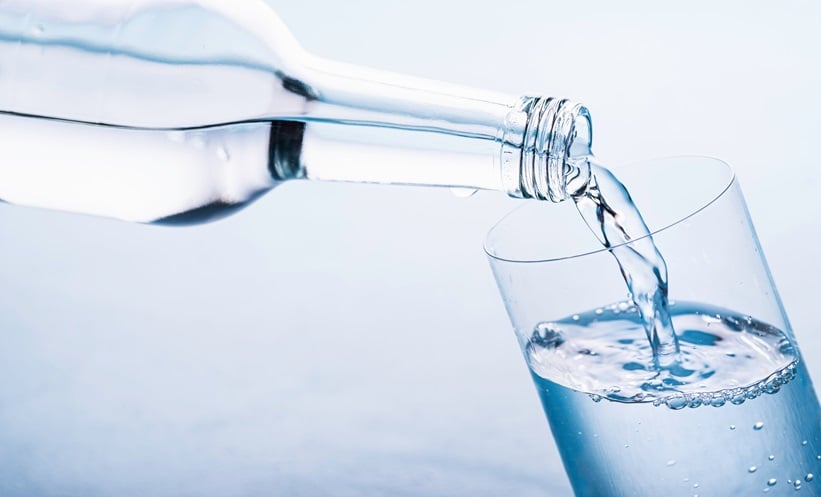WATER is essential for human health, comprising a significant portion of the body and playing a key role in numerous physiological functions. While the National Academy of Medicine recommends daily fluid intakes of 13 cups for men and 9 cups for women, there is no consensus on a universal optimal amount of water consumption due to individual variations in body size, activity level, and health status.
To explore the benefits of increased water intake, we conducted a systematic review of randomised clinical trials (RCTs) from 1999–2023, focusing on its impact on health outcomes. The review included 18 studies with varying sample sizes, ranging from 14–631 participants. These studies examined the effects of specific water intake interventions on conditions such as weight loss, blood sugar control, headaches, urinary tract infections (UTIs), and kidney stones.
The results were mixed. For example, three studies found that premeal water intake of 500 mL led to greater weight loss in adults by increasing satiety and reducing calorie intake. This simple and low-cost intervention could be beneficial, especially given the rising global obesity rates and associated health costs. In patients with diabetes, a water intervention of 1000 mL/day before meals significantly reduced fasting blood glucose (FBG) levels, offering a potential cost-effective treatment option for diabetes management.
Water intake was also shown to improve symptoms for individuals with recurrent headaches, as increased hydration seemed to enhance overall quality of life. Additionally, in women with recurrent UTIs, increasing water intake by 1500 mL daily reduced the number and frequency of infections. This highlights water’s potential as a non-invasive method to reduce antibiotic use and combat antibiotic resistance.
Interestingly, some studies also suggested that reducing water intake could benefit certain conditions. In individuals with overactive bladder symptoms, cutting fluid intake by 25% led to a reduction in urgency, frequency, and nocturia.
In conclusion, while increased water intake shows promise in improving a range of clinical outcomes, individualised hydration recommendations are essential due to the diverse factors influencing water needs. This systematic review provides valuable insights for public health and clinical practice, underscoring the importance of tailored hydration strategies.
Reference
Hakam N et al. Outcomes in randomized clinical trials testing changes in daily water intake: a systematic review. JAMA Netw Open. 2024;7(11):e2447621.








